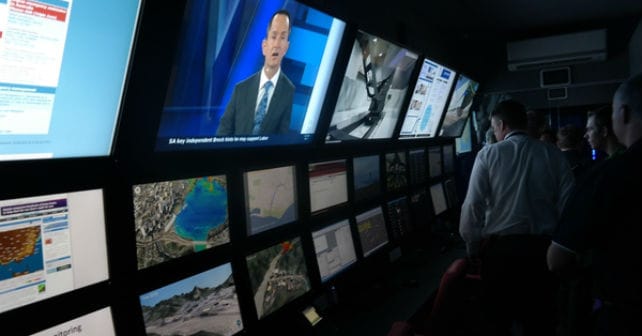Can the web support 'smart' everything?
 Can the infrastructure of the internet support a future of smart grids, home area networks, web-connected TVs and intelligent appliances? If the coming decade brings the dramatic technological changes being promised today, we might soon discover the answer … for better or for worse.
Can the infrastructure of the internet support a future of smart grids, home area networks, web-connected TVs and intelligent appliances? If the coming decade brings the dramatic technological changes being promised today, we might soon discover the answer … for better or for worse.
Consider just some of the emerging developments that could lead to new bottlenecks in the information superhighway:
- Rapid deployment of smart meters: Intelligent meters that can electronically relay data about electricity, gas and water use are coming to an increasing number of homes and businesses around the world. In a study published last year, Greenbang Research forecast the potential addition of 133 million to 145 million new smart meters in Europe alone between now and 2020. The smartest of these meters enable round-the-clock, two-way communication and control between utilities and users.
- Increasingly smarter grids: Beyond meters, many other devices on the world’s electrical grids could be — and increasingly are being — made smarter to enable better demand management, incident responses and fluctuating sources of renewable energy. A full-scale deployment of smart-grid technologies could generate a data “tsunami,” according to S. Massoud Amin, a professor of electrical engineering and director of the Technological Leadership Institute at the University of Minnesota. That giant wave could amount to 800 terabytes of new data travelling over the networks … or about as much raw data as is now processed by Google.
- Internet-connected TVs: The research firm DisplaySearch predicts the global market for smart television sets could grow from under 20 million units in 2009 to nearly 125 million by 2014. As Paul Gray, the firm’s director of European TV research, noted, “The looming risk now is what happens if every connected TV gets used. With Netflix accounting for 20 per cent of peak internet traffic in the US, it’s reasonable to ask if the infrastructure can cope. Set makers need to understand that broadband access does not scale endlessly like broadcast reception.”
- All those smart appliances: The big buzz from this year’s Consumer Electronics Show in Las Vegas is, apparently, internet-enabled everything: refrigerators, water heaters, washing machines, dishwashers, cloud-based video communications, cloud-connected Nissan LEAFs and more.
- The web itself: The latest statistics from the International Telecommunication Union put the number of people online at 2 billion as of the end of 2010, with a quarter of a billion new users added during the year. That’s a lot of additional traffic for surfing, emails, blog posts, you name it.
Can the internet take it all? We’ll get the answer one way or another, won’t we?




